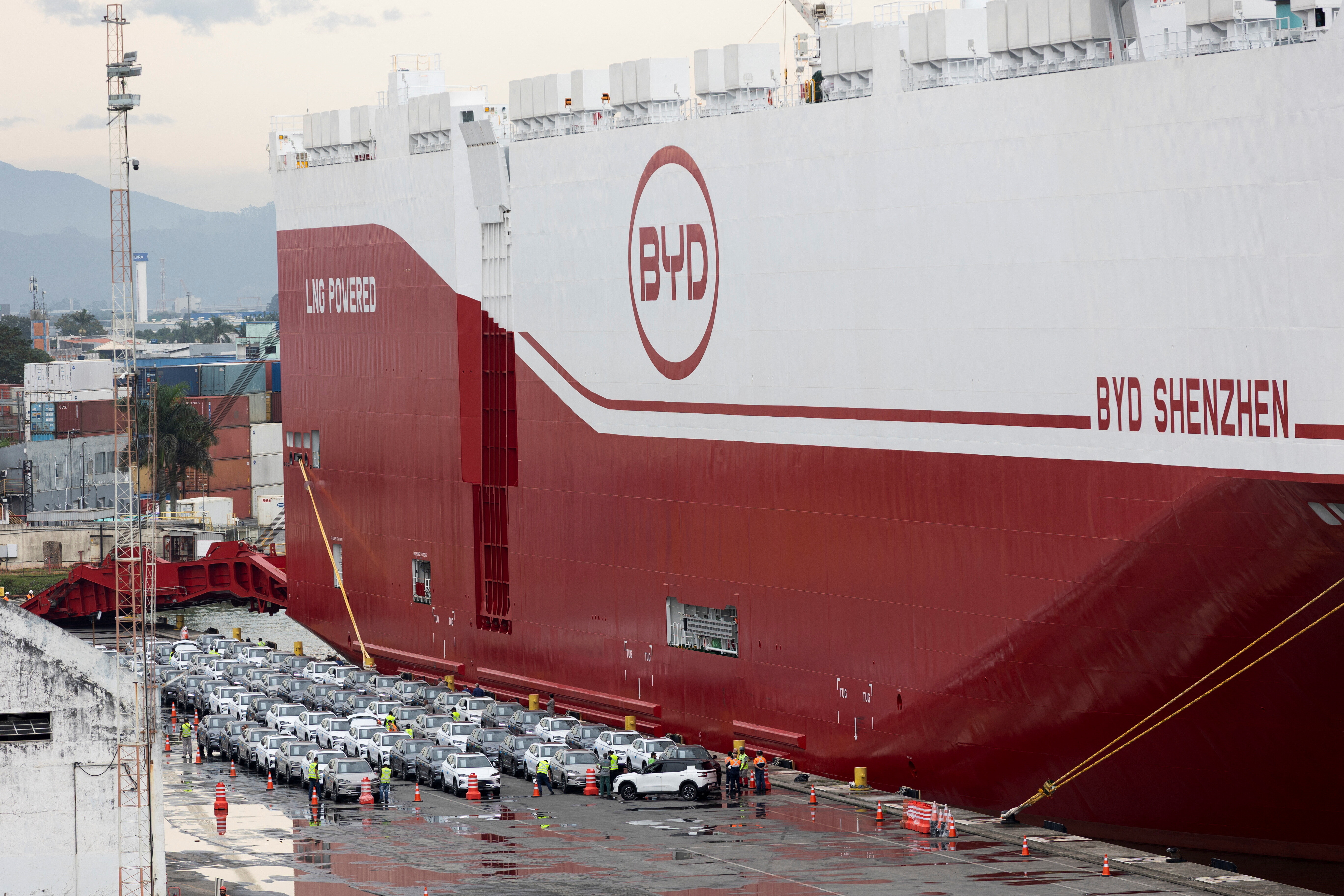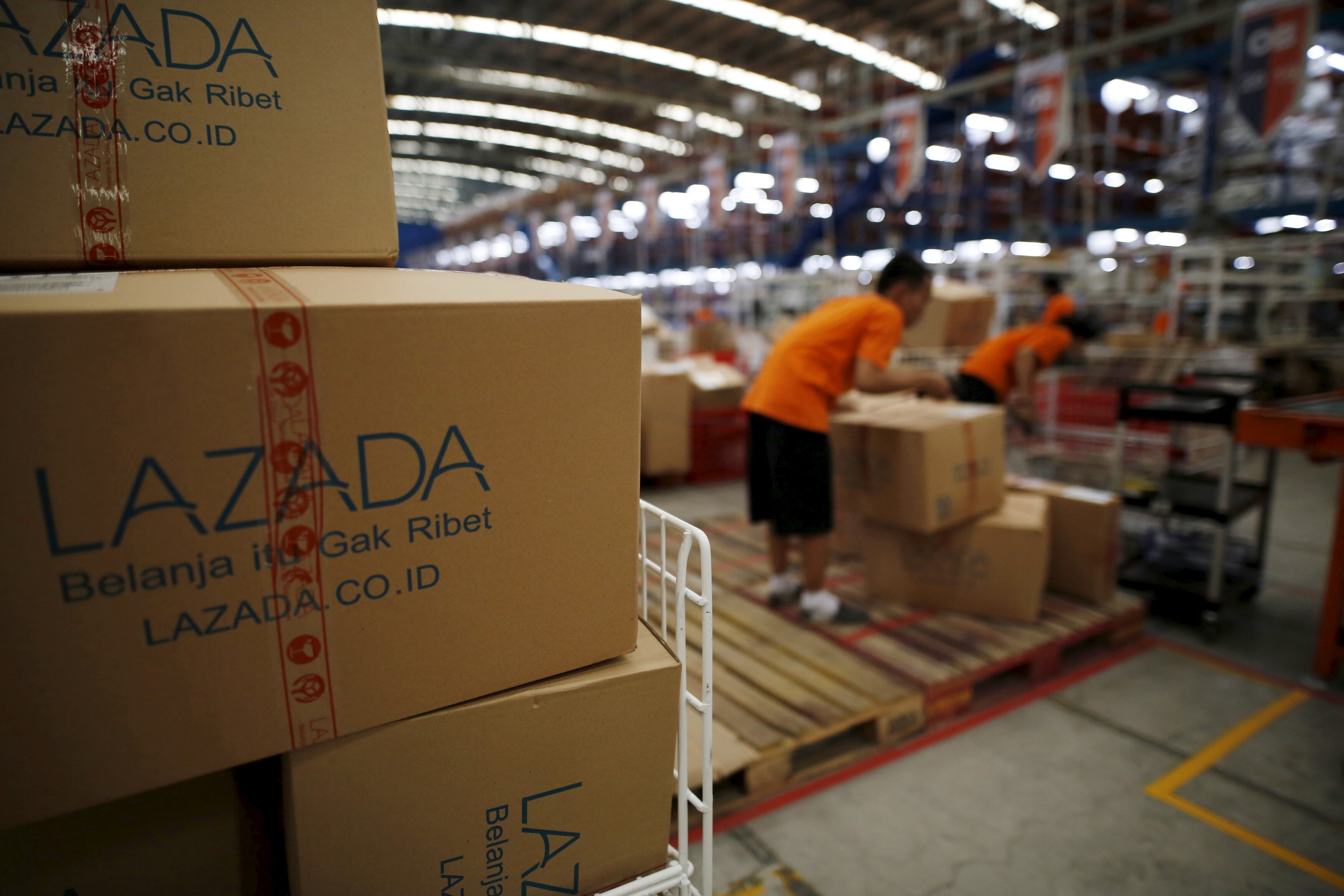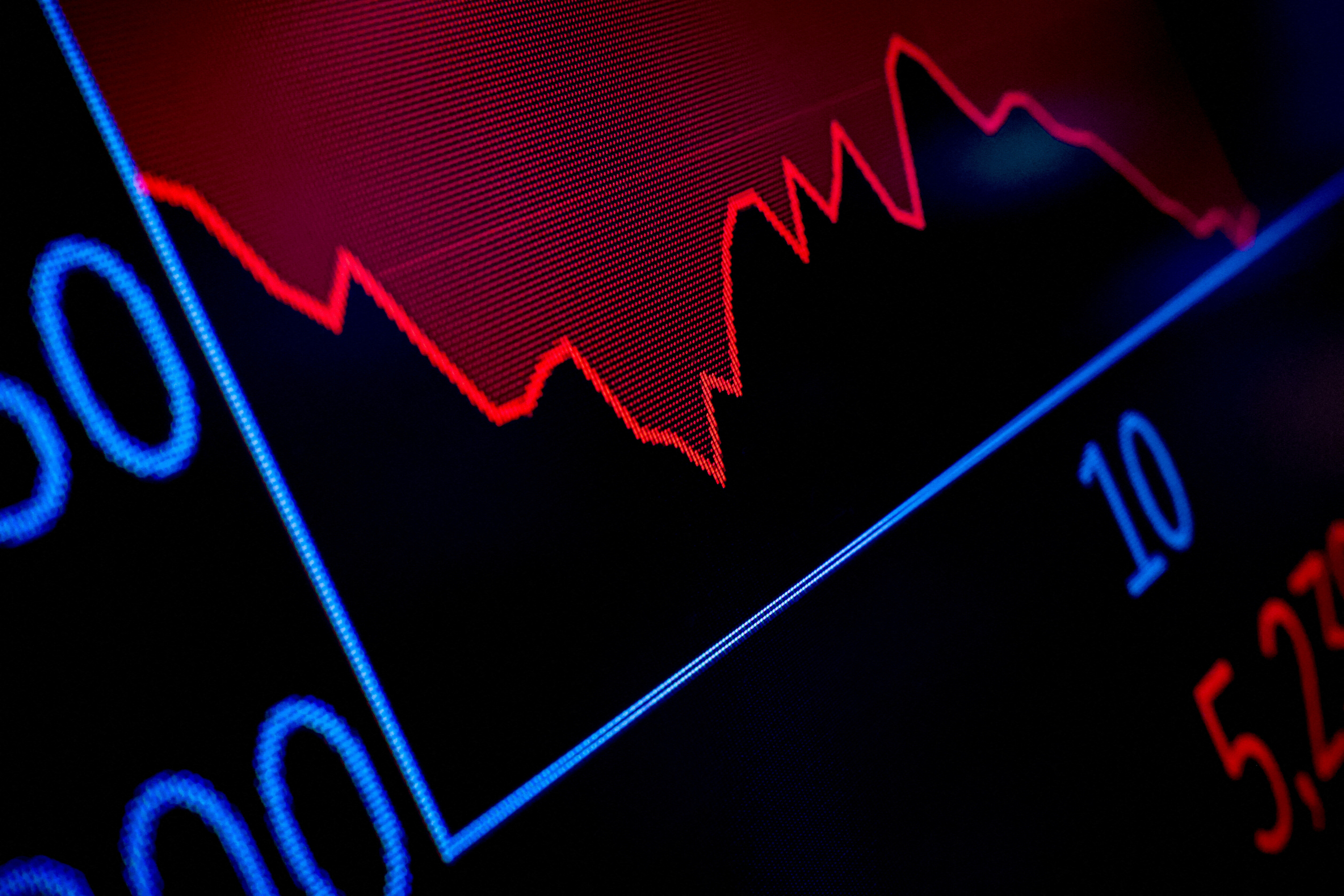A crisis is coming - 4 steps to address Africa’s urgent financing needs

Facing compounding issues, many African countries are at risk of debt distress and need finance support. Image: Avel Chuklanov/Unsplash
Listen to the article
- Amid social unrest, economic crises and political conflicts, 23 African countries are at high risk of - or already in - debt distress.
- Of the IMF's $650 billion global allocation in Special Drawing Rights, only $33 billion – just 5% – was allocated to Africa.
- While African leaders are demanding and taking action, international actors must unite to take steps to reform the global financial framework to better serve African countries.
African countries are facing an onslaught of crises and having to adjust with speed. COVID-19, climate disruption, conflicts, and Russia's war in Ukraine are resulting in severe food, fuel, debt and liquidity setbacks, with no signs of deceleration.
The World Bank’s June 2022 Global Economic Prospects (GEP) report projected that the global economy is heading for years of weak growth and rising prices with potentially destabilizing consequences for low- and middle-income economies. With these multiple crises intensifying, the IMF's Kristalina Georgieva warned at the recent G20 conference that the global economic outlook “has darkened significantly”. A period of prolonged global stagflation is likely, and African countries are at risk.

Africa’s urgent call for financial reform
Alarmingly, the global financial architecture, designed over 50 years ago, is no longer fit for purpose. It, especially, has failed Africa. A crisis is coming and many African countries are taking steps in an attempt to protect themselves against this emerging threat.
While African leaders are actively trying to protect their economies, global power brokers and politicians, also, must play their part and urgently reform the global financial architecture. As the world emerges from the economic shocks of COVID-19, short-term needs must not overshadow the urgency of fixing a failing global system. If action isn't taken to protect Africa, the costs of inaction and the resulting injustice will be global.
What is the Forum doing to improve the global banking system?
African leaders, who are stepping up and taking action, are calling for an urgent restructure of the global financial architecture, outlining the reforms needed to secure a more rapid and stable global recovery.
“Inaction is not an option for Africa or the world. The continent’s spreading social unrest, debt distress, and protracted political crises will have global ramifications,” stated K.Y. Amoako, Founder and President of the African Center for Economic Transformation (ACET), at a recent meeting of the Transformation Leadership Panel, a body of global leaders chaired by Ellen Johnson Sirleaf and coordinated by ACET.
TLP member and Executive Secretary for the UN Economic Commission for Africa, Vera Songwe, added, “This is not just a crisis where the poor are getting poorer. Rising costs are hitting the African middle class hard. In Nigeria fuel costs are so high that people cannot afford to drive to work.”
Masood Ahmed, a TLP member and President of the Centre for Global Development, echoed the urgency of the situation, stating that “The multiple crises currently affecting African countries, including the debt overhang and the real possibility of countries defaulting, will have grave domestic and political consequences. We need to inject a greater sense of urgency and awareness of the realities facing African countries.”
Have you read?
In order to avoid catastrophe, we've identified four steps on how to reform the global financial architecture to better serve Africa:
Step 1: Ensure a fair distribution of Special Drawing Rights
African countries urgently need new liquidity, which the IMF’s Special Drawing Rights (SDRs) can provide with speed. The SDR is not a currency. It is a potential claim on the freely usable currencies of IMF members, which can provide a country with liquidity. This liquidity is essential to help African governments build and maintain basic social protection programmes in the face of drastically rising food and fuel costs.
However, of the initial allocation of $650 billion in SDRs in August last year, only $33 billion – just 5% – was allocated to Africa. Over a year ago, when the crisis was less severe, global leaders acknowledged the need to channel more SDRs to African governments. The need for a just and efficient process for SDR allocation is now more urgent than ever.
African leaders have called on the IMF to first accelerate the implementation of SDR reallocation mechanisms aligned with the needs of African economies. They've also called for the development of more appropriate allocation criteria. This would mean issuance of new rights as well as reallocation. Some of these additional special drawing rights should be channelled through regional development banks, such as the African Development Bank.
Step 2: Mend the broken debt management machinery
At the end of May 2022, 23 African countries were at high risk of - or already in - debt distress. The situation is worsening with rising interest rates and Russia's war in Ukraine. Debt relief must be quick, comprehensive, and sizeable.
To facilitate debt workouts, the G20 has called for creditors to come together within a Common Framework. Progress has been painfully slow but the past week saw the exciting news of Zambia finally benefiting from this framework, clearing the way for a Fund programme in the country. African leaders are calling for improved multilateral debt restructuring frameworks to reposition debt as a catalyst for economic recovery and sustainable growth. Viable solutions are needed to ensure access to finance at competitive and non-punitive rates.
Who are the collaborating partners in this SGB Financing Initiative?
Step 3: Scale up Africa’s climate finance to drive global solutions
Although Africa has contributed to only 3.8% of global emissions, it has borne the brunt of climate change. Annually, Africa loses $7–$15 billion due to climate change, and this figure is expected to rise to $50 billion by 2040. The inadequacy of climate finance, the cost of undelivered climate finance, and the neglected carbon market now demand urgent attention in Africa.
At the same time, opportunities for Africa to lead a green transformation are plentiful. For example, market mechanisms that reward Africa for its carbon sequestration can be developed, making financing available for the continent’s green transformation. Ibrahim Mayaki, the TLP panel member and former CEO of AUDA-NEPAD underlined the importance of scaling up climate action in Africa through carbon mitigation, job creation and agricultural transformation while at the same time, "offering the planet some much-needed climate solutions."
Have you read?
Step 4: Rebuild trust and creating a new global partnership for Africa
This is a critical year. Africa's voice and collective positions must be loud and clear on key global decision-making platforms. Ahead of the IMF/World Bank Annual meetings in October and the COP27 in November, a coalition to build consensus, galvanize action, and rally support for Africa's unified positions should be encouraged. Not only will such action ultimately drive reforms in the global financial architecture to serve Africa better, but it will also provide an opportunity to restore and rebuild the trust in international dialogue and action.
As the global financial architecture faces up to inclusive, effective, and fair reforms, African countries must be given greater representation and a stronger voice within the governance bodies of key global institutions, including the Bretton Wood Institutions. Africa can then be a continent that actively contributes to the design of global solutions rather than suffering from their absence.
Don't miss any update on this topic
Create a free account and access your personalized content collection with our latest publications and analyses.
License and Republishing
World Economic Forum articles may be republished in accordance with the Creative Commons Attribution-NonCommercial-NoDerivatives 4.0 International Public License, and in accordance with our Terms of Use.
The views expressed in this article are those of the author alone and not the World Economic Forum.
Stay up to date:
Sustainable Finance and Investment
Forum Stories newsletter
Bringing you weekly curated insights and analysis on the global issues that matter.
More on Trade and InvestmentSee all
Nivedita Sen
November 20, 2025







